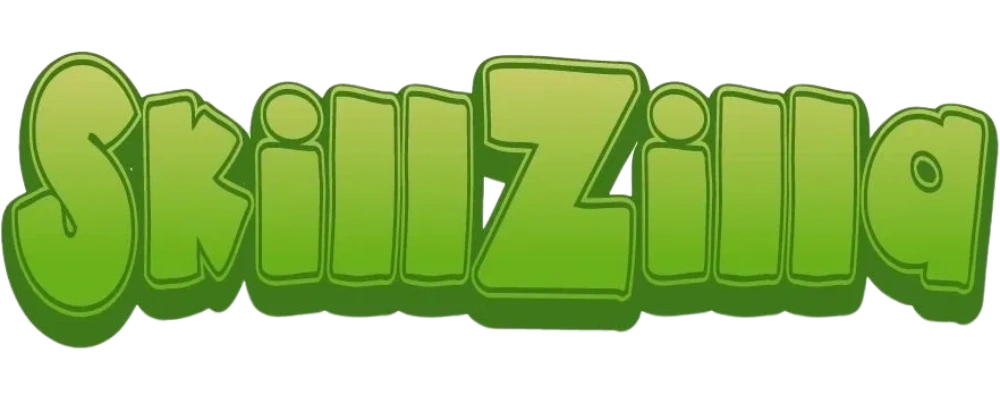In our tech-saturated world, it’s easy to wonder: Are we forgetting essential life skills? This post explores how reliance on tech tools like GPS and Google decreases critical thinking abilities and skills, especially among young adults.
Acquiring fundamental skills in the digital era can be challenging. Obtaining information has become more straightforward with just a few taps on the screen. However, this convenience has resulted in a generation that may need more essential skills such as navigation and critical thinking. The question that arises is: Why depend on a GPS when your brain has the potential to do so much more?
The Disappearing Act of Navigation
Once, reading maps and understanding directions were basics learned early. Now, many young adults are heavily dependent on digital maps for direction. This over-reliance is about more than just losing map-reading skills; it’s about a slide in spatial awareness and the ability to navigate the world without digital aid.
The Critical Thinking Puzzle
Similarly, the instant availability of information has impacted our ability to think critically. The habit of ‘Googling’ everything is handy but often skips the need for analysis and deeper understanding. This dip in critical thinking is worrisome as it influences decision-making and problem-solving – crucial skills in everyday life.
Closing the Skill Gap for Young Adults
Parents and educators need to promote a balance between tech use and skill growth. Here are some suggestions to help young adults bridge the skill gap:
- Boost Map Reading: Incorporate traditional maps and compasses in outdoor activities, sharpening navigational skills and boosting spatial awareness.
- Advance Critical Thinking: Instead of Googling for answers, engage in discussions that require analysis and reasoning. Encourage questioning and deeper exploration of topics.
- Reduce Tech Dependency: Set specific times to put gadgets away. This fosters independence from digital devices.
- Real-life Problem Solving: Involve young adults in real-world problem-solving scenarios where they must think independently without tech.
- Skill-Based Learning Activities: Organize activities that focus on skill development, like cooking, basic carpentry, or even financial planning. These promote self-reliance and practical skills.
Wrapping Up
While tech has undoubtedly simplified our lives, ensuring it doesn’t erode critical life skills is crucial. By encouraging a balanced approach to tech use, we can prepare young adults for a world where they are capable and confident, with or without a GPS. Acquiring life skills in the digital era is about adapting to technology while preserving and enhancing our inherent abilities to navigate our surroundings without it.
Alright, folks! It’s time to wrap this up. But before you click away, we’ve got something that’ll make adulting feel like a breeze. Meet Skillzilla, the new kid on the block, ready to amp up your life skills game. Imagine having a personal coach in your pocket, helping you navigate all those tricky real-world situations – from not getting lost on your epic road trips (because who has time for that?) to becoming a pro at critical thinking (so you can finally give Google a break).
But here’s the tea: Skillzilla needs our help to get off the ground. First off, we’re running this on quarters we found in the sofa. So, if you’re feeling generous, why not throw us a few bucks? It’ll help bring this platform to life and trust us, it’ll be worth every penny.
Next up, hop on our waitlist. You wouldn’t want to miss out when they launch, right? Plus, word on the street is, early birds might get some major perks. 😉 And don’t forget to hit follow on their socials. They promise to spice up your feed with awesome content, handy skill-building tips, and a healthy dose of memes to keep you chuckling.
So, are we ready to conquer the world with more skills and less Google??? Let’s do this! 🚀



